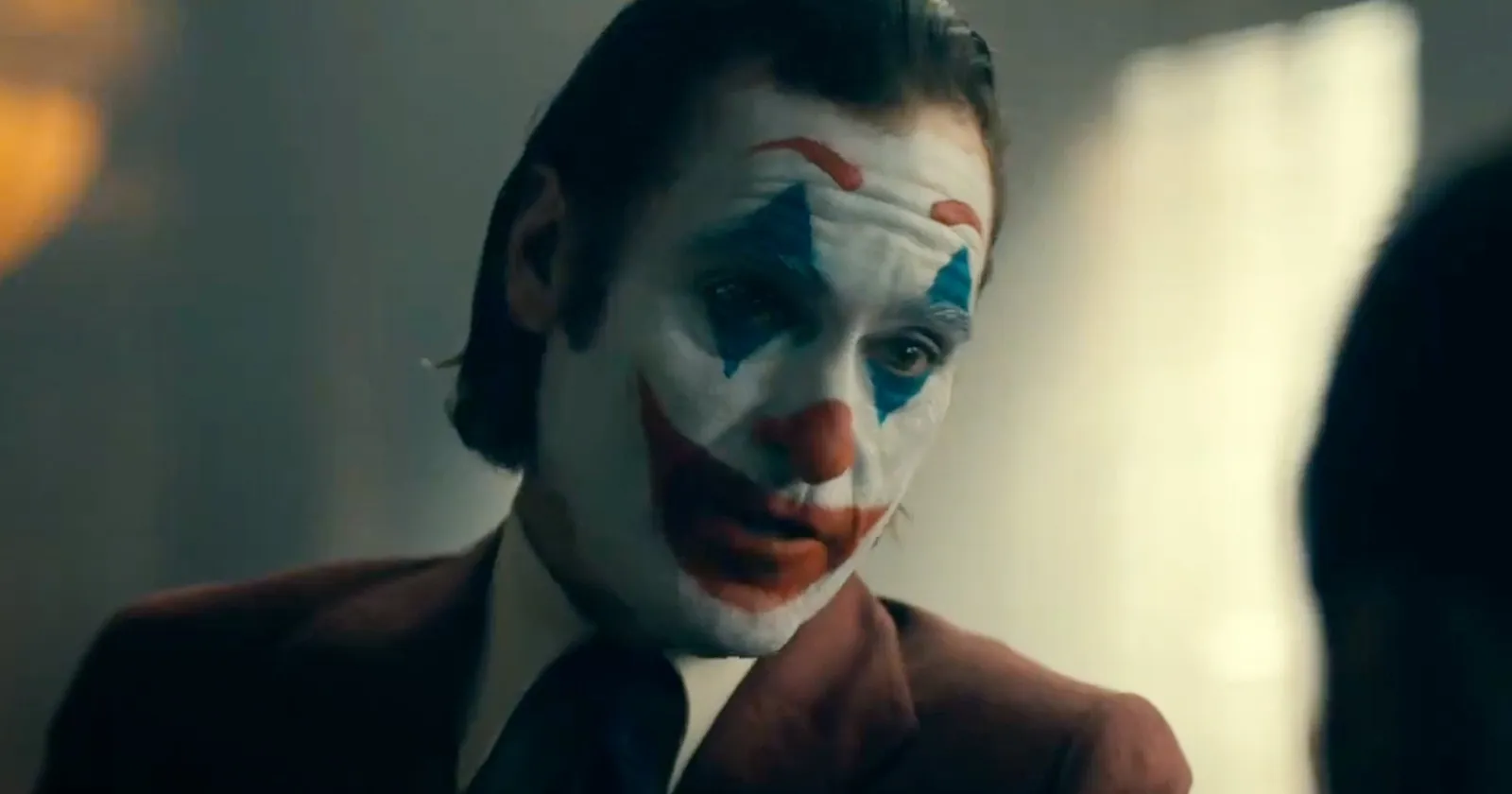Regardless of how you feel about Joker, Todd Phillips‘ blockbuster film was a striking reinvention of the superhero genre when it debuted in 2019. It was received with a level of reverence rarely granted to superhero films, winning the Golden Lion at the Venice Film Festival and becoming a major contender during awards season. What set Joker apart was its grounded, almost claustrophobic atmosphere, which felt far removed from the usual bombastic superhero fare. It was a character study, not a franchise entry, and it didn’t suggest a larger universe or an inevitable sequel. This sense of finality and self-containment made it feel like a singular, daring vision—one that didn’t need anything more, which is what makes Joker: Folie à Deux such an odd and ill-conceived idea.

The very fact that Joker: Folie à Deux is a sequel feels almost like a betrayal of the original movie’s ethos. It’s as if the success of the first film—bolstered by the haunting performance of Joaquin Phoenix—has led to a decision to cash in on the familiarity and emotional investment fans had already formed with the character. Instead of maintaining the isolated tone of the first film, this sequel seems to be chasing that same spark by leaning heavily on the goodwill built by its predecessor.
The gritty, crime-ridden backdrop of New York City in Joker—which was already somewhat dated in its political commentary when it was released in 2019—feels even more stale today. The film tried to tap into the anger, alienation, and resentment of its protagonist in a way that was meant to mirror the fractured state of society. But in hindsight, that attempt feels increasingly shallow. The debate surrounding Arthur Fleck’s (Joaquin Phoenix) character—whether or not he’s an incel—has only grown tiresome as time has passed, and the film’s social critique now feels like a hollow attempt to capitalize on contemporary anxieties without really digging into any meaningful analysis.
Joker was successful on a visceral level, effectively creating a sense of unease and discomfort, but its underlying critique of society was superficial at best. It seemed more concerned with presenting its main character as a mirror to a fractured world rather than offering any insightful commentary. Joker: Folie à Deux only amplifies these shortcomings. If the original struggled to make any deep societal observations, this sequel doesn’t even attempt to reach those same heights, falling flat as it relies heavily on the name recognition and character dynamics of the first film rather than offering anything truly new or provocative.
In Joker: Folie à Deux, the film tries to reposition itself as something radically different from the original by leaning heavily into the romance/musical hybrid genre, with added elements of courtroom procedural and prison drama. But this ambitious mix never quite comes together, leaving the film feeling unfocused and underdeveloped. The most significant problem here is the film’s attempt to explore a relationship between Arthur Fleck (Joaquin Phoenix) and Lady Gaga‘s version of Harleen Quinzel (a clear homage to Harley Quinn, though the film’s lack of subtlety in this regard undermines any potential for deeper exploration). While Phoenix and Gaga share some chemistry, the constant interruption by musical numbers pulls away from what could have been a more compelling emotional arc.
The courtroom sequences are especially baffling, verging on laughable. Arthur’s decision to fire his lawyer (played by Catherine Keener) and represent himself makes little sense, especially when he proceeds to deliver long-winded monologues that lead nowhere. What could have been a tense moment in the plot instead becomes an absurd spectacle, with Arthur in full Joker makeup, turning the proceedings into a farce. For a film that attempts to ground itself in a gritty, realistic world, Joker: Folie à Deux completely drops the ball here.
READ MORE MOVIE REVIEWS: Gladiator II, Babygirl, The Brutalist
It’s telling that Joaquin Phoenix allegedly conceived of the film’s plot in a dream, as much of it feels like a feverish, incoherent vision. While the original Joker wore its influences from Scorsese’s Taxi Driver and The King of Comedy proudly, Folie à Deux lacks the depth or purpose of those films. Instead of feeling like an authentic continuation or expansion of the first film’s themes, Folie à Deux becomes an unfocused mess, driven more by the desire to capitalize on the success of its predecessor than any real narrative ambition. What’s left is a cynical cash grab that ultimately contributes little to the world introduced in Joker, and as such, ranks as one of 2024’s worst films.
Score: 3/10
Joker: Folie à Deux (2024)
- Cast: Joaquin Phoenix, Lady Gaga, Brendan Gleeson, Catherine Keener, Zazie Beetz, Steve Coogan, Harry Lawtey, Leigh Gill, Ken Leung
- Director: Todd Phillips
- Genre: Crime, Drama, Thriller
- Runtime: 138 minutes
- Rated: R
- Release Date: October 4, 2024